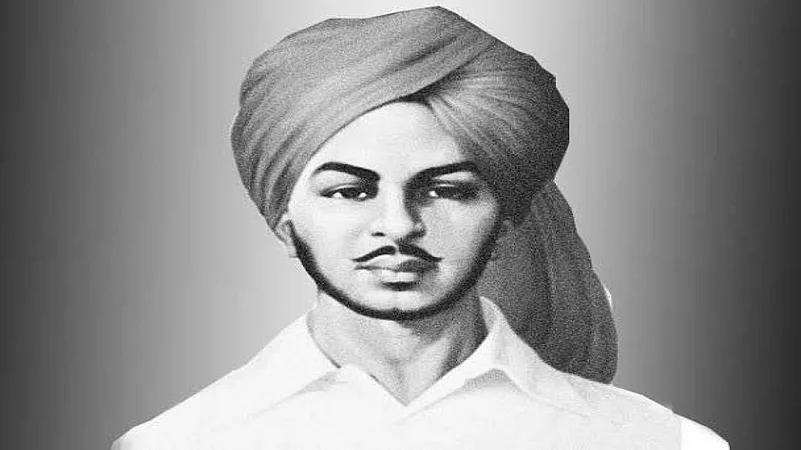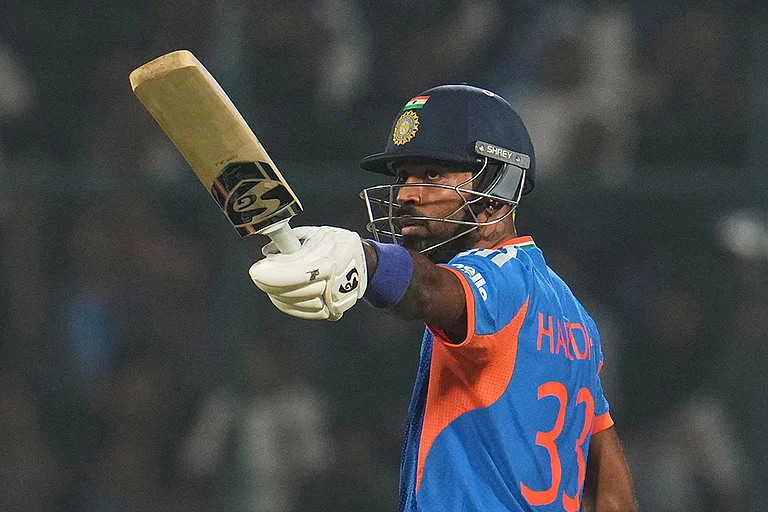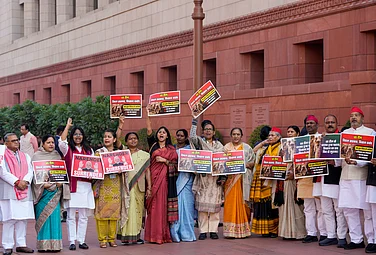A Pakistani court has once again considered a plea to revisit the case of Bhagat Singh, a revered hero of the Indian Independence movement, whose life ended tragically in 1931 when he was executed by British colonial rulers. This plea aims to set aside the sentencing and posthumously honor him with state awards.
Singh, along with his comrades Rajguru and Sukhdev, faced grave charges of conspiring against British rule and paid the ultimate price with their lives. Initially imprisoned for life, Singh was later sentenced to death in what is described as a "fabricated case."
On this recent occasion, the Lahore High Court raised concerns about reopening this decade-old case and forming a larger bench for its consideration. Advocate Imtiaz Rashid Qureshi, chairman of the Bhagat Singh Memorial Foundation and one of the petitioners, expressed disappointment with the objection raised by the court. He pointed out that the petition, which is supported by a panel of senior lawyers, has been pending in the Lahore High Court for ten years.
The petition emphasizes Bhagat Singh's significant role in the fight for independence in the subcontinent. It underscores that Singh is not only respected by Sikhs and Hindus but also by Muslims, as evidenced by the tribute paid to him by the founder of Pakistan, Quaid-e-Azam Muhammad Ali Jinnah, during his speeches in the Central Assembly.
Advocate Qureshi argues that this is a matter of national importance and insists that it deserves the attention of a full bench. He further highlights an intriguing detail – Bhagat Singh's name was not mentioned in the First Information Report related to the murder of British police officer John P. Saunders, the crime for which he was sentenced to death. After a decade-long search, the Lahore police located the FIR, written in Urdu, which was registered at the Anarkali police station in 1928 against two 'unknown gunmen.'
Qureshi also raises concerns about the handling of Bhagat Singh's case, stating that special judges of the tribunal sentenced him to death without allowing his lawyers to cross-examine the 450 witnesses involved.


























